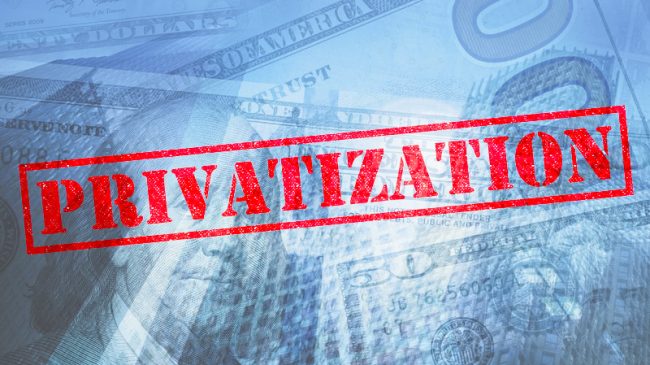Kenya’s renewed drive to privatize nearly 200 government-owned enterprises (GOEs) is a bold step aimed at transforming the country’s economic landscape. This initiative, spearheaded by the National Treasury, proposes converting state agencies into limited private companies under the Companies Act of 2015. While the move has its complexities, focusing on the anticipated economic benefits provides a compelling argument for this strategic shift.
The primary motivation behind this privatization plan is to enhance the efficiency and competitiveness of these state entities. Government-owned enterprises often suffer from bureaucratic inefficiencies and lack the agility needed to thrive in a competitive market.
By transitioning these agencies to private ownership, they are expected to adopt more robust corporate governance practices, streamline operations, and operate under market pressures that incentivize efficiency and innovation.
Potential Economic Benefits
- Attracting Investment: Privatizing state agencies can attract substantial foreign and domestic investment. This influx of capital is crucial for revitalizing these entities and spurring broader economic growth. Investors bring not only capital but also managerial expertise and innovation, which can significantly enhance the performance and profitability of the privatized enterprises.
- Reducing Fiscal Burden: The privatization of underperforming or non-essential state enterprises can alleviate the financial strain on the government. This move allows the government to reallocate resources to critical areas such as infrastructure, healthcare, and education, fostering overall economic development.
- Developing Capital Markets: Listing these privatized entities on the stock exchange can stimulate the development of Kenya’s capital markets. This diversification of ownership provides new investment opportunities for Kenyans and enhances the financial sector’s depth and resilience.
- Improving Service Delivery: Privatized entities, driven by the profit motive and market competition, are likely to improve their service delivery. Consumers stand to benefit from better quality services and products, contributing to higher standards of living and increased consumer satisfaction.
Addressing Challenges
While the economic benefits are significant, several challenges must be addressed to ensure successful privatization:
- Regulatory Framework: Establishing a robust regulatory framework is essential to prevent market abuses and ensure fair competition. The government must amend existing laws to facilitate the smooth transition of GOEs to private ownership and ensure consistent regulatory oversight.
- Public Policy Obligations: Many GOEs perform important public policy obligations (PPOs). The government needs to develop a clear framework to ensure these obligations continue to be met post-privatization, without compromising the commercial viability of the entities.
- Public and Political Resistance: Privatization often faces resistance from political groups, labor unions, and the public. Transparent communication about the benefits and safeguards, along with measures to protect employees, such as retraining programs, are essential to mitigate resistance.
Kenya’s plan to privatize nearly 200 state agencies is a strategic move towards economic efficiency and competitiveness. The anticipated benefits, including increased investment, reduced fiscal burden, enhanced service delivery, and capital market development, present a compelling case for this initiative.
However, the success of this privatization effort hinges on careful planning, robust regulatory frameworks, and inclusive stakeholder engagement. By addressing these challenges proactively, Kenya can unlock significant economic potential and foster a more dynamic and resilient economy.
















